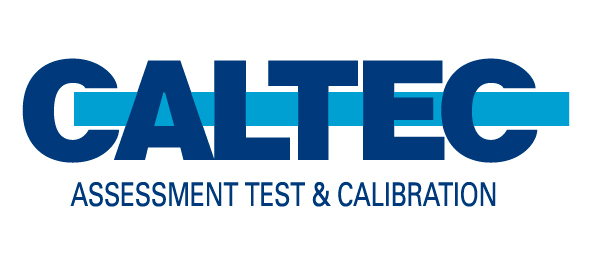Is voice-control tech safer than a touchscreen?
According to a recent report by the Transport Research Laboratory (TRL), a global centre for innovation in transport and mobility, operating an infotainment system through a touchscreen while driving is far more distracting than driving under the influence of drugs, alcohol or using a handheld phone.
The research showed that drivers using touchscreen-based systems took up to 57% longer to respond to an incident than those who were concentrating on the road ahead. Those under the influence of drugs took up to 21% longer to react to an incident while those over the alcohol limit took around 12% longer. Drivers talking on a handheld mobile phone were found to take 46% longer to respond and those texting took 35% longer.
Driver distraction is estimated to be a factor in up to 30% of collisions involving vehicles across Europe.
According to Neale Kinnear, Head of Behavioural Science for TRL,
‘The results of this study clearly show that touch control infotainment systems are highly distracting to drivers, far more so than voice activated systems. However, even current voice control systems increase drivers’ reaction times and remains a concern for road safety. This is why TRL is recommending that we put our efforts into developing a framework for testing and improving the human factors of such systems.’
So, TRL have called for further research into the use of in-car voice control systems that understand natural speech. Current voice control systems understand a set of key commands. The use of AI to develop speech interfaces that operate at a sophisticated and more complex level, would significantly benefit in-vehicle technology and voice-activated systems, thus improving safety and reducing driver distraction.
